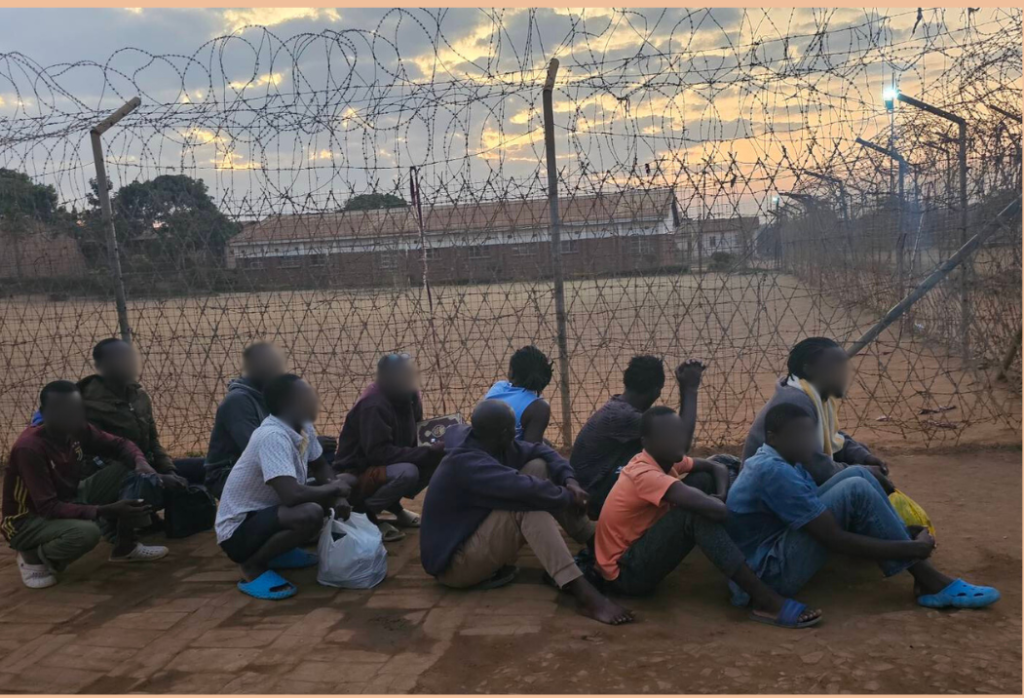
single default
Milestones in Promoting Refugee Rights

On April 10 2024, the Department of Immigration and Citizenship Services apprehended a group of eight young refugees at a barbershop in Lilongwe for being outside Dzaleka Camp and detained them at Maula Prison.
This action took place against the backdrop of the 1989 Refugee Act, which mandates that all refugees in Malawi must remain within designated camps.
Unfortunately, humanitarian support is limited at the camp due to funding gaps in humanitarian organizations, with refugees currently depending on the World Food Programme’s (WFP) monthly allocation of $5 per person.
“We were out looking for opportunities to earn some money and buy food for our families,” one of them explained in an interview at the prison.
Unable to afford legal representation or bail, the young men remained at Maula Prison for over two months.
We intervened to secure their freedom, and after extensive discussions with the Immigration Department, we successfully negotiated their release and arranged their transportation back to Dzaleka.
In a related development, on March 11th, 2024, a violent conflict between Ethiopian and Congolese nationals, led to the arrest of 14 of them.
The conflict led to the vandalism of several homes belonging to Ethiopians and left several Congolese wounded from machete and knife attacks.
Despite all 14 refugees being granted bail a few weeks later, the 11 Congolese were rearrested, and some refugees report that Ethiopians often have the backing of authorities.
For the next three months, their case swung between Dowa Magistrate’s Court and Lilongwe High Court while they were remanded at Maula Prison in Lilongwe.
Fortunately, on June 21, 2024, we achieved a significant victory as the 11 detainees were finally released on bail from Maula Prison and reunited with their families in Dzaleka.
Among them was a new father who, after months of uncertainty and separation from his wife and family, finally experienced the joy of holding his newborn child.
The events of the past few months have underscored the harsh realities faced by refugees in Malawi, particularly in terms of legal representation and other fundamental needs.
The most recent victory, along with others before it, is a testament to the power of relentless advocacy and underscores the urgent need for legal reform.
Nonetheless, we are encouraged by the progress made in the review of the 1989 Refugee Act by the Malawi Law Commission, and we hope for adequate funding towards the exercise, for speedy completion.
As we celebrate these and other achievements, we remain steadfast in our mission to advocate for sustainable solutions that uphold human rights and promote the well-being of all refugees in Malawi and beyond.